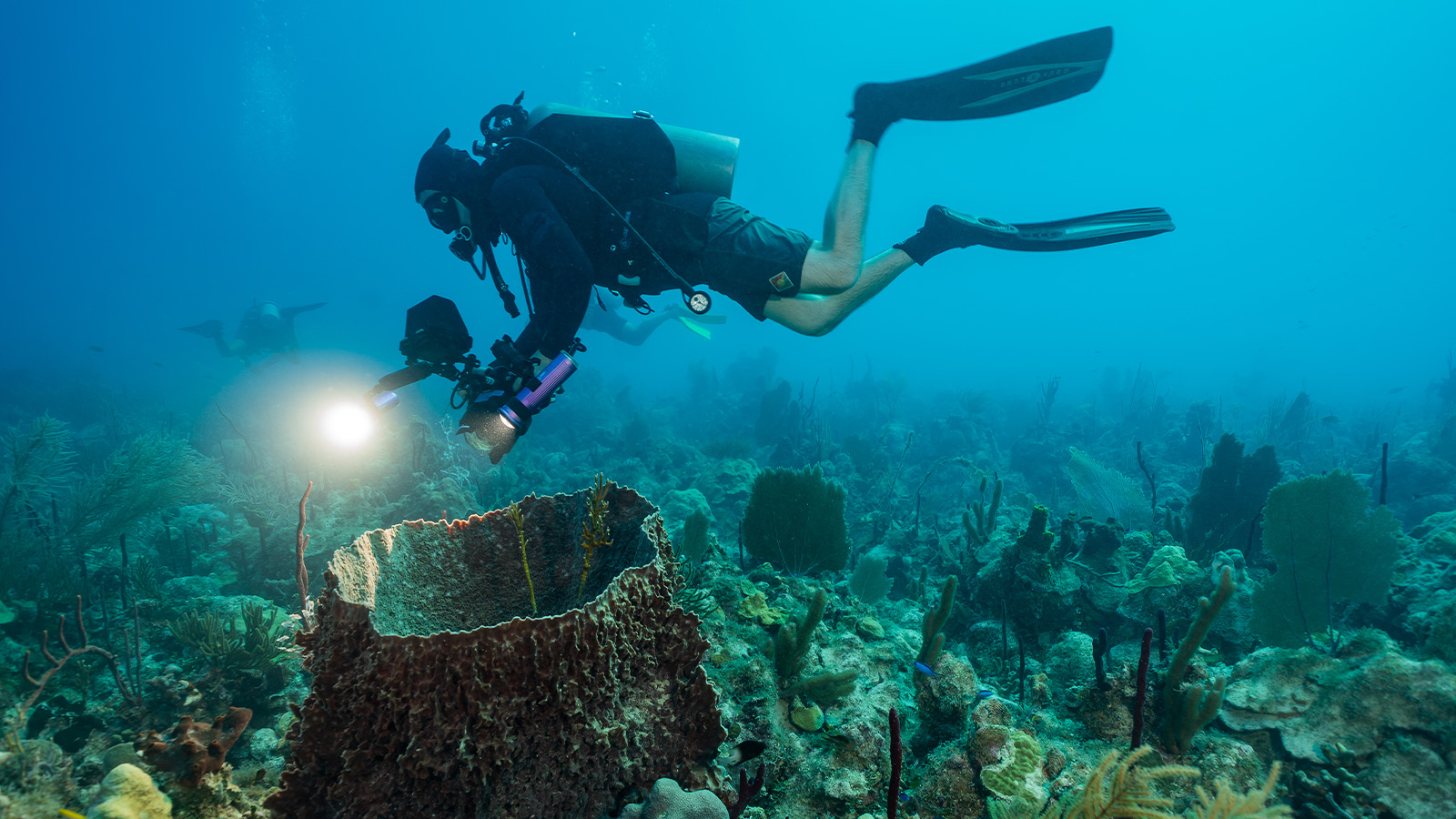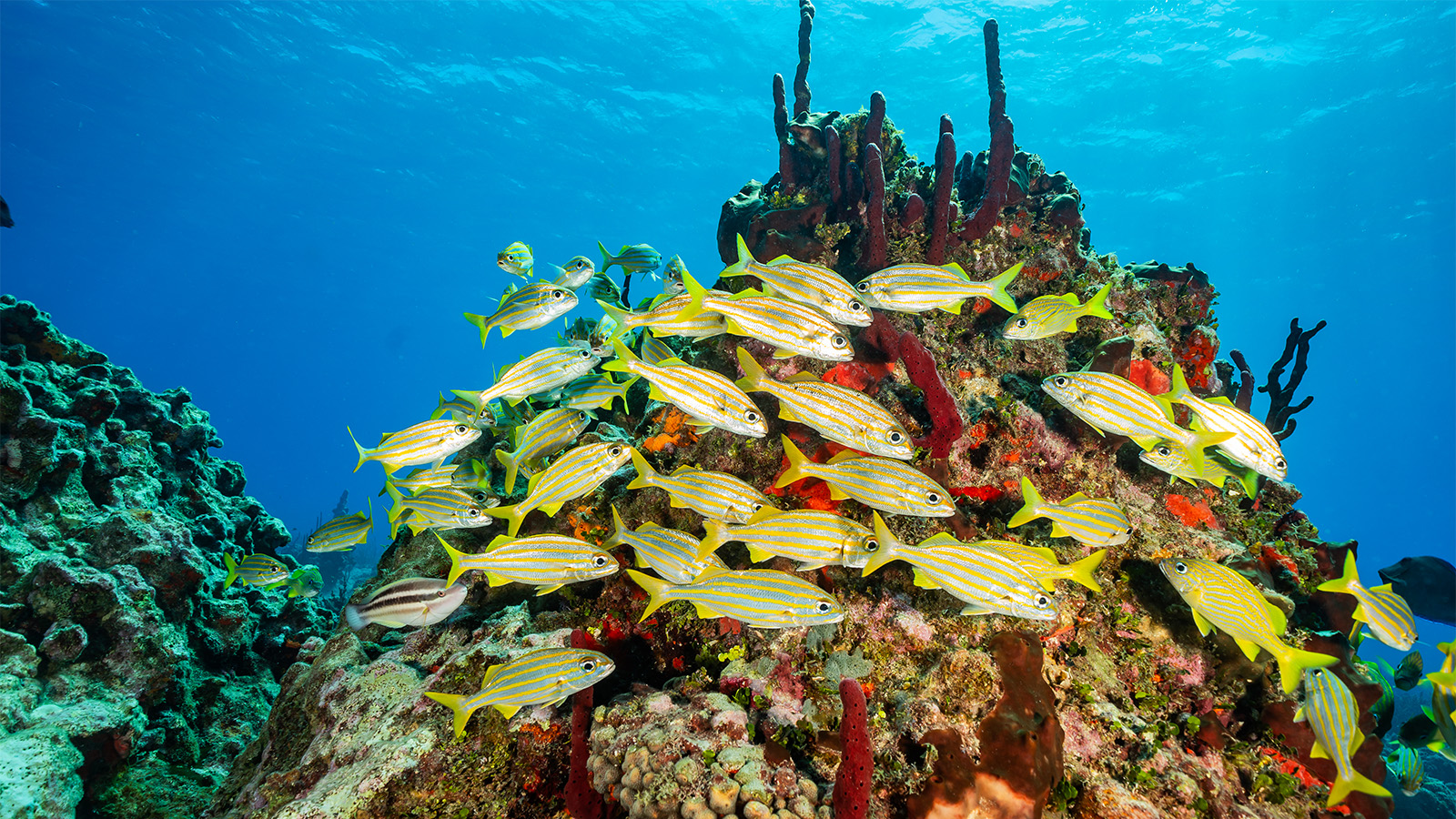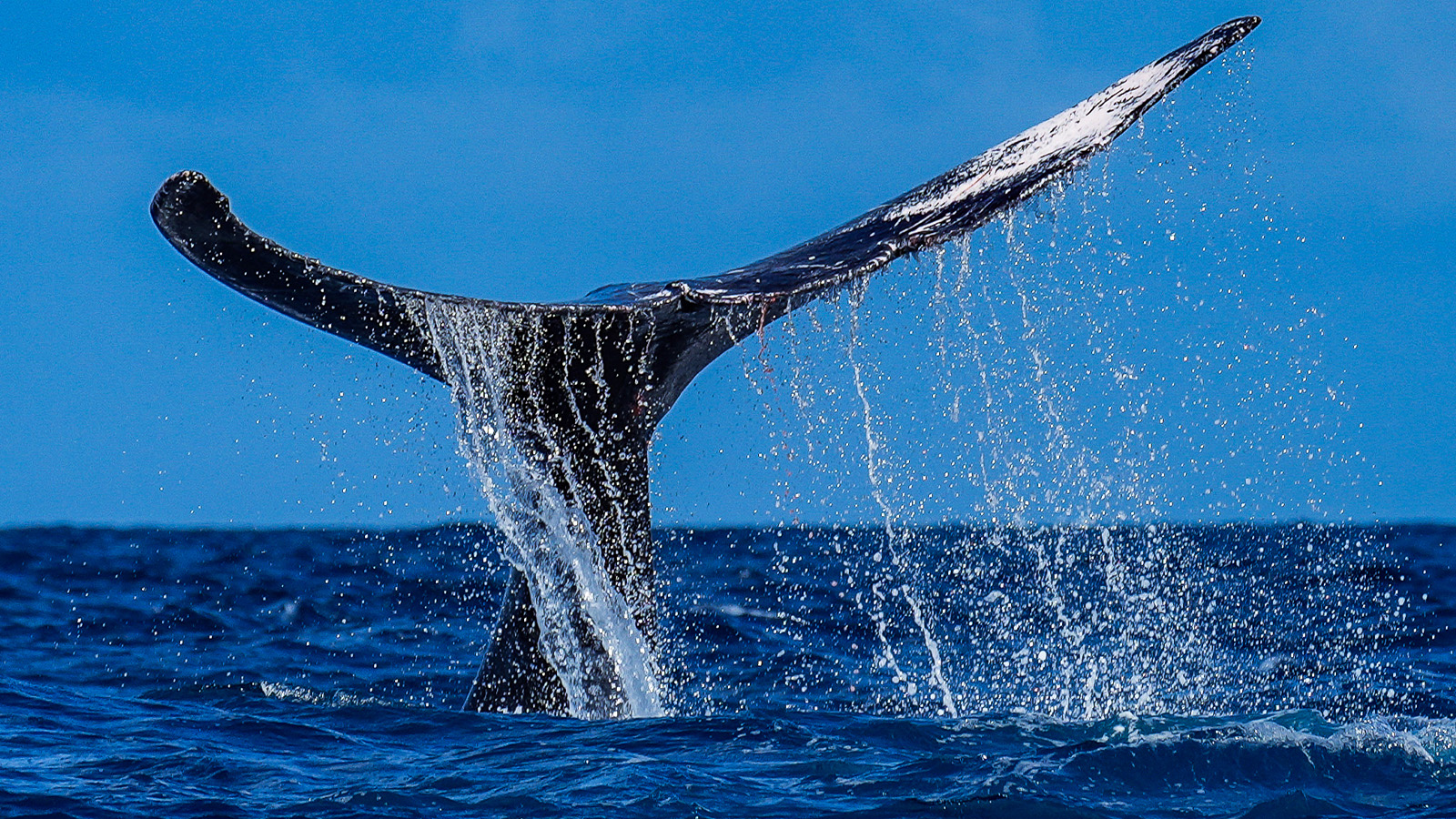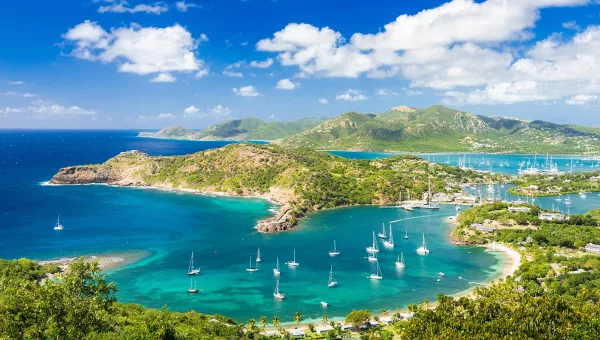Fresh protection for territorial waters after a busy spring of ocean conferences
Greece has become the first country in Europe to take concrete steps towards protecting biodiversity in its territorial waters by 2030. It will ban destructive bottom trawling in its national parks by 2026 and across all its Marine Protected Areas (MPAs) four years later.
Speaking at the Our Ocean conference in Athens last month, Prime Minister Kyriakos Mitsotakis committed to spending €780m to support the measures, including through the use of drones and other enforcement and detection technology. At the same time, the country has nearly doubled the area of protection to cover 30 per cent of its territorial waters, with new national parks in the Ionian and Aegean.
Environmentalists hailed the news and called on all countries to protect 30 per cent of their land and waters from human activity in order to give nature a chance to stabilise. It is an aim enshrined in the Global Biodiversity Framework (GBF), signed by 196 countries at the COP15 meeting in 2022. But few have made the commitments necessary.
Nicholas Fournier, campaign director for marine protection at the international conservation group Oceana, told the Guardian: “We hope this creates a domino effect on other European countries to do the same. The pressure is on France, as it hosts the UN oceans conference next year.”
Further west, the Dominican Republic has agreed to protect a huge new area on its sea border with Colombia. An expedition organised through Yachts for Science found the Beata Ridge and the Silver Bank zones were vital for shark, ray, whale and seabird breeding. It means that the Caribbean island has safeguarded 30.8% of its waters and met its pledge under the GBF.
Globally, just 1% of the oceans are protected from human activity. However, the new United Nations High Seas Treaty, signed by the EU in September 2023, should pave the way for agreeing protection for large tracts of international waters.
Our Ocean was just one of three big ocean conferences held this spring. The annual event ran from 15-17 April, and brought in a total of 471 commitments to fund ocean preservation from global delegates. The measures announced exceeded a value of $11bn in this ninth round of the event.
It followed just days after the conclusion of the UN’s Ocean Decade conference 2024 in Barcelona. Its purpose was to address gaps in scientific knowledge and agree research priorities for the coming years. This time round, results included a focus on ocean pollutants, renewable technology and large-scale CO2 removal from the oceans. It also announced new funding opportunities for programmes based in Africa.
The Economist’s World Ocean Summit in Portugal completes the trifecta of big-hitting conferences this spring. Held in March, it took a wider stance, looking at funding for ocean initiatives, as well as sustainable exploitation of the sea.
This flurry of activity prompted one campaign organisation to sound a note of cautious optimism. “It feels as if we’re at a significant turning point with individual governments like the Dominican Republic and then Greece committing to protect over 30 per cent of their waters,” said Clare Brook, CEO of Blue Marine Foundation.
“If all 196 countries who have signed up to the Global Biodiversity Framework 30×30 commitment were to follow their excellent example, we would see an extraordinary revival of life in the ocean, and that would benefit literally every living creature on Earth.”
Heesen’s commitment to protecting the oceans is encapsulated in its BlueNautech initiative, which aims to reduce the impact of building and running a superyacht. It is also a founder member of the Water Revolution Foundation, which has set its sights on eliminating the environmental footprint of yachting altogether.
“We recognise that the superyacht sector is particularly vulnerable to environmental scrutiny,” says Heesen CEO Niels Vaessen. “It is vital that we continue to up our game on sustainability to ensure that our yachts have the smallest possible impact on the oceans we love. Research and technology on our part plus legal protection for the oceans all have a key role to play.”
Written by Sam Fortescue
Share
COME AND MEET US: YOU’RE INVITED!
Headquarters
Robert Drontmann Sales Director
| Eckly Hendriks Sales Manager
Sara Gioanola PR & Press Office Manager
Heesen Yachts Agents
Thom Conboy Agent North-America, Mexico, Bahama's & Caribbean
| Hisham Abushakra Agent for the Middle East region




